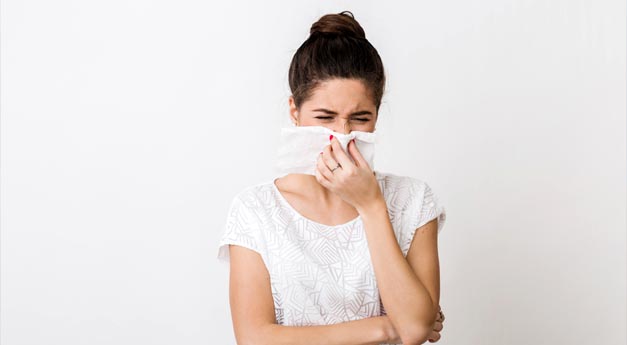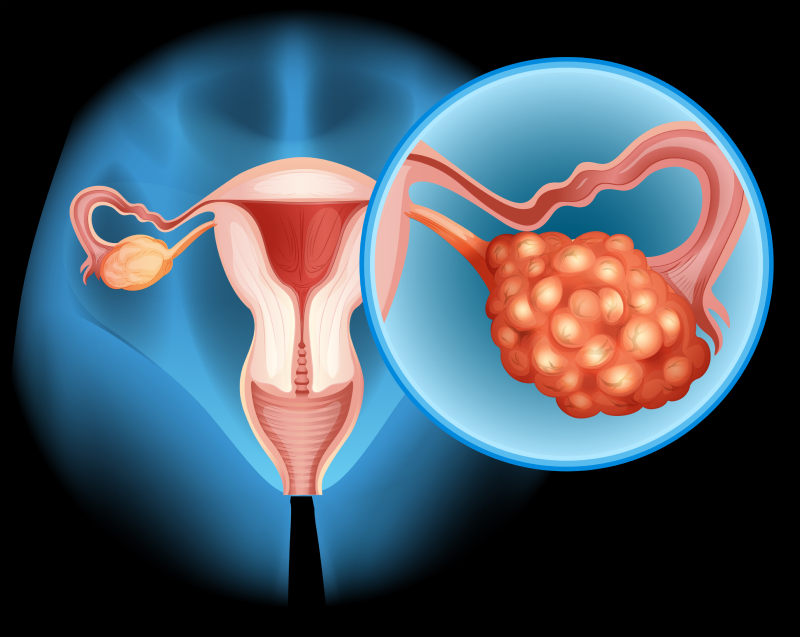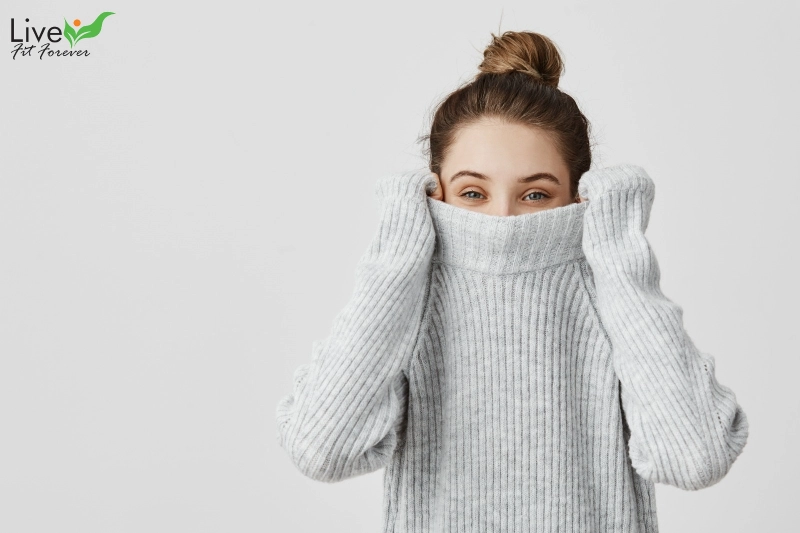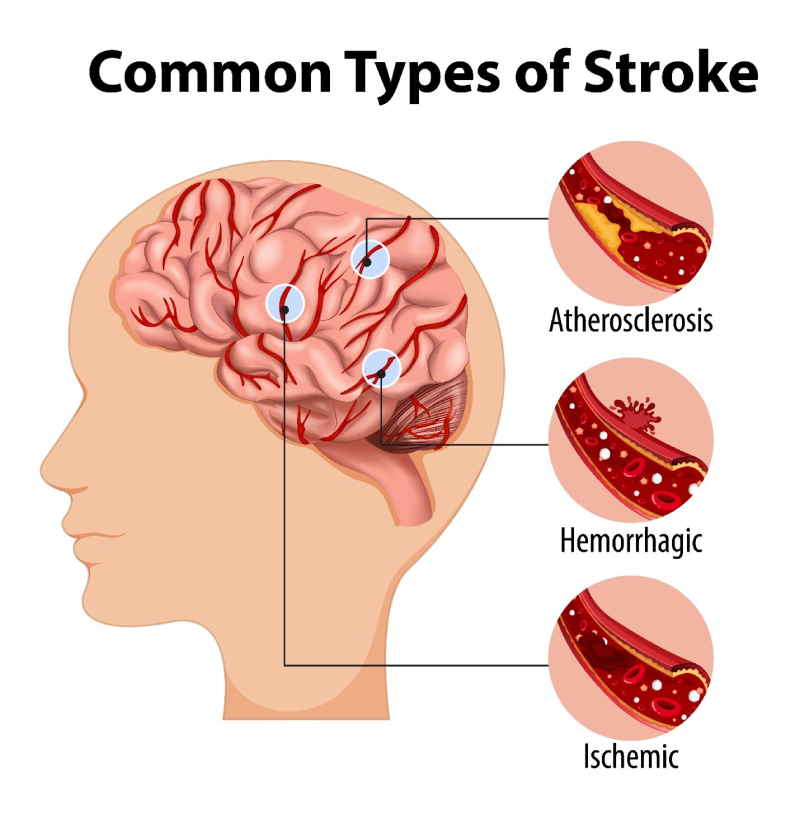What Really Works for your Cold and Flu?

Livefit4ever,
Medically Reviewed by Dr. Neetu Modgil,
October 26, 2020

What really works for your cold and flu?
How to get rid of a cold fast: Nearly about 200 different types of viruses cause common cold or nasopharyngitis. Rhinoviruses are the most common ones. The other types of viruses that cause the common cold include metapneumovirus, adenovirus, parainfluenza viruses, and respiratory syncytial viruses.
A cold usually sets in with a sore throat, cough, runny nose, headache, body aches, and sometimes fever (fever is not a common symptom of cold though).
The most annoying symptoms of cold are part of the healing process of your immune system. Naturally, without treatment, a majority of the disturbing symptoms associated with cold may disappear within 5 to 7 days.
Now the big question here!
Is there any possibility of faster recovery and complete relief from a cold?
For this very reason, many people anticipate faster recovery and often
Search for these terms on Google:
“How to get rid of a cold in 24 hours”
“How to get rid of the flu in 24 hours”
“How to cure a cold and cough in one day”
“How to get rid of cold fast at home”
“How to get rid of cold and cough fast at home”
“How to get rid of a cold overnight without medicines” – Says Dr. Neetu Modgil – a renowned ENT Specialist and Head and Neck Surgeon from Hyderabad.
What Does Dr. Neetu have to Say?
Dr. Neetu further adds that she often gets amazed rather startled when her patients ask her this question – “How to get rid of a cold in 5 minutes”
According to Dr. Neetu, these are some of the amazing questions her patients pose to her. Whenever she gets these sorts of questions, she tries to clarify her patients ‘doubts in the following way:
First and foremost – there is no magic pill to cure a cold and flu.
No matter how much you try to prevent cold or flu, you will get the infection if someone in your home has a cold.
How to Get Rid of a Cold Fast?
The big question here Is what is the best way to prevent cold and flu. Prior to finding the ways of preventing cold and flu, you should know how the cold and flu virus spreads from person to person – and then come out with measures and precautions one must adopt to stop the spread of viruses. The second aspect is the role of your immune system – which is very important – and therefore, you should also learn about the ways in which you can augment the efficiency of the immune system. In a nutshell, you can adopt the following measures to prevent cold and flu.
Can Vitamin C help boost your immune system?
Prior to getting cold or before the manifestation of typical signs and symptoms of cold, you may experience uneasiness, irritation, or tickling in your throat. According to some research studies if a person takes a vitamin C-rich diet or supplements, then vitamin C helps in getting faster recovery from cold. Common cold viruses do not stick around for long, but when a cold becomes full-blown, the help offered by vitamin C is not very encouraging. Therefore, vitamin C cannot prevent cold, but it may make it go away faster. Though vitamin C’s cold-fighting abilities are promising (as it shortens cold and flu symptoms), it cannot treat cold. Anyhow, those who are really worried about their recurrent cold and flu infections can consider taking vitamin C-rich foods. This will help significantly reduce the episodes of cold.
Takeaway
Taking Vitamin C supplements does not prevent cold, but may reduce the duration of cold and flu. They may also reduce the severity of cold and flu infections.
Zinc is most likely to help you fight a cold?
Zinc and the power to fight cold and flu go hand in hand. According to some research studies, zinc helps prevent some proteins from forming. Cold viruses use that protein to grow and multiply. There is no study that claims that zinc stops colds, but it may help shorten the duration of infection and its severity if taken within 24 hours of infection. It is better to continue its usage for at least five days. But, do not use zinc nasal drops as they are not approved by FDA. Zinc tablets or syrup can make your cold shorter and less horrible.
Takeaway
Zinc supplements have the potential to reduce the duration of a cold by up to 34%. This means those who take zinc can get over cold very easily and faster than they would without supplements.
Take Beetroot juice
A few studies on beetroot juice and its effects on cold and flu have shown promising results. The juice can help reduce the severity of infection, cut short the duration of infection, and also helps protect against respiratory tract infections.
Use Probiotics
Any probiotic food or supplement can help in reducing the severity of cold and flu symptoms and cut short the duration of the infection. The reason, probiotics help in augmenting immunity.
Take Rest
Though exercise is really good for your overall health, the excess is not good. Those who work aggressively without taking proper rest and adequate sleep are more likely to suffer from cold and flu. The best way to reduce the repeated episodes of cold and flu is to take rest and sleep adequately.
Increase Fluid Intake
Drink lots of fluids and therefore remain always hydrated especially if you have a fever with a cold. Fluid helps in thinning mucus, loosening congestion, and opening up your nasal passages. Hot tea, warm water, vegetable soups, and spicy beverages can help you keep well hydrated. Instead of regular tea and coffee take herbal tea and also avoid both caffeine beverages and alcohol as they tend to remove water from the body – leaving you dehydrated. Coffee and alcohol also may also interfere with your sleep.
Gargle with Warm Saltwater
It is better if you have a sore throat and irritation as gargling loosens moisture and provides temporary relief from throat irritation. Dissolve half a teaspoon of salt in one cup of warm water and gargle with it several times a day.
Take a warm steamy shower
It will provide much relief and relax your body and muscles. A steamy shower provides the much-needed moisture to help ease your breathing. It will also reduce throat irritation and stuffy nasal congestion.
Avoid Antibiotics
Undue use of antibiotics is not good for your body as it impacts your immunity and makes potential bacterial infections antibiotics resistant. Cold is a viral infection; antibiotics do not help much. When you take antibiotics, your viral infection can become worse and you will become prone to future bacterial infections.
Hand Washing is better at killing germs on your hands?
Regular handwashing can help prevent the spread of both cold and flu germs by around 50% to 60%. In situations where water is not readily available, sanitizer is a good option but is not as effective as soap and water. Hand washing is better in all situations. However, if you don’t have any other option apart from using hand sanitizer, then go for the one that has at least 60% alcohol. It gives the best results.
Does Wiping Down Surfaces Help?
How to get rid of a cold virus on surfaces such as doorknobs, sink taps, bathroom taps, towel stands, and other washroom surfaces. cold and flu viruses can survive for up to 2 to 8 hours on these surfaces – which means they can infect up to eight hours later. Therefore, washing your hands regularly can help a lot in preventing viruses from entering the body. In addition, wiping down potential surfaces can reduce the risk of infection many times. By chance, if you touch any surface by your hand, then do not touch your face, eyes, and mouth until you diligently wash your hands.
What else You can Do?
- Don’t visit a sick person.
- Don’t shake hands with sick persons.
- Keep at least four to five feet distance from sick persons.
- Always practice good personal hygiene- wash hands regularly & frequently with soap & water.
- After shaking hands with an infected person, do not touch your face, eyes, and mouth with your hands.
- Wash your hands with soap and warm water for at least 20 seconds before and after shaking hands with a suspected person.
- Take the same precautions to prevent COVID-19 as well.
Bottom Line
Cold symptoms can be manageable at home within a few days, but other conditions cannot. For instance, allergic infections, asthma, strep throat, meningitis, bronchitis, and sinus infections look just like cold, but they can become serious. Therefore, if you develop persistent and severe symptoms that don’t seem to be getting better, then book an appointment with an ENT specialist.






